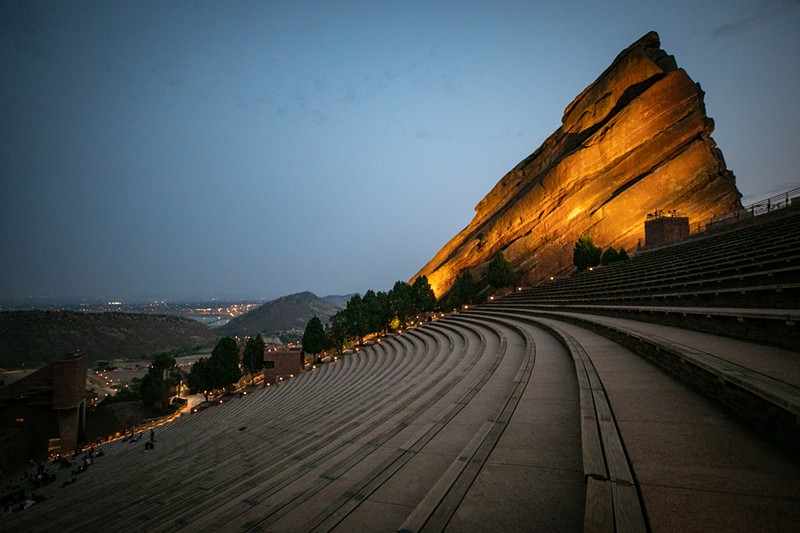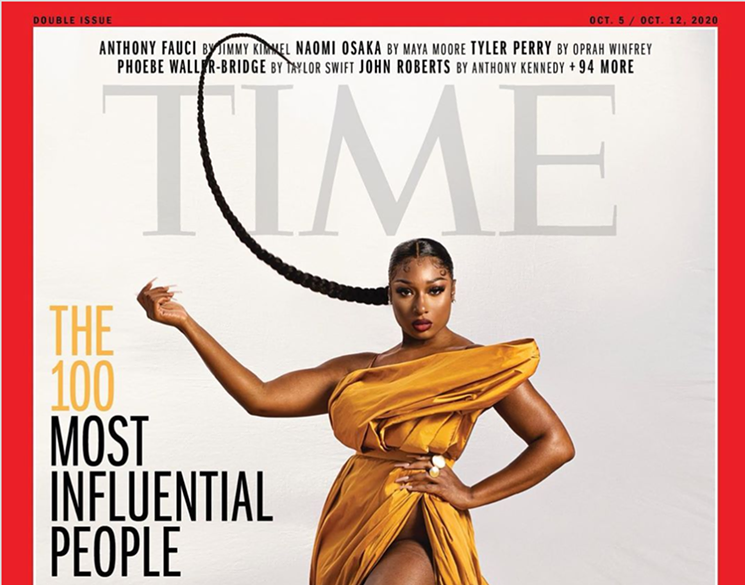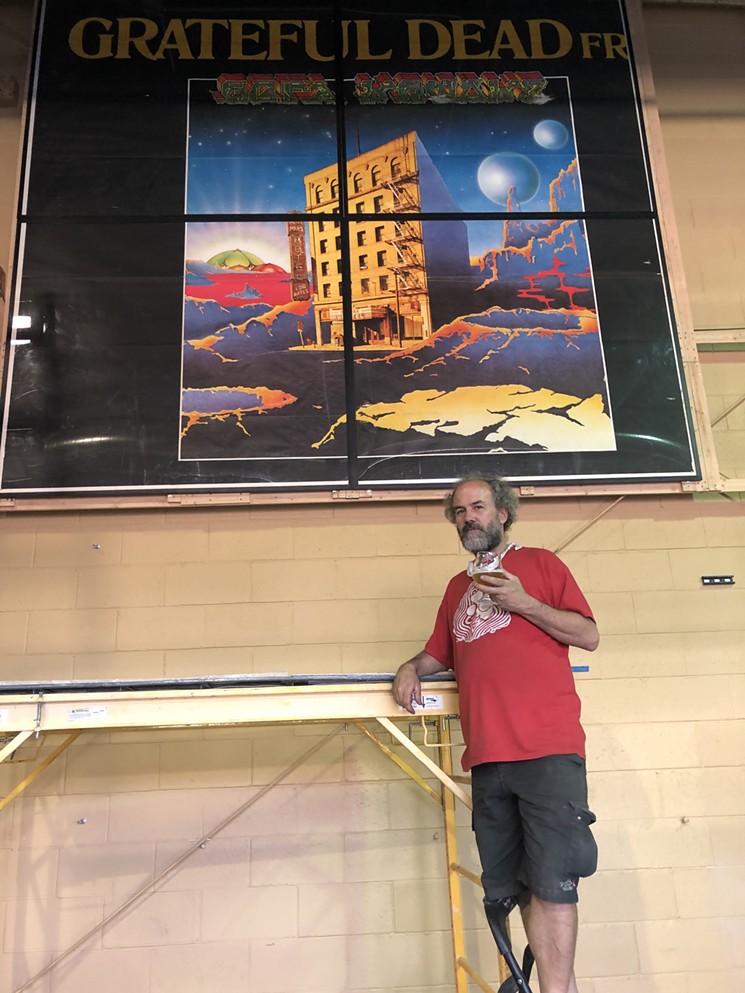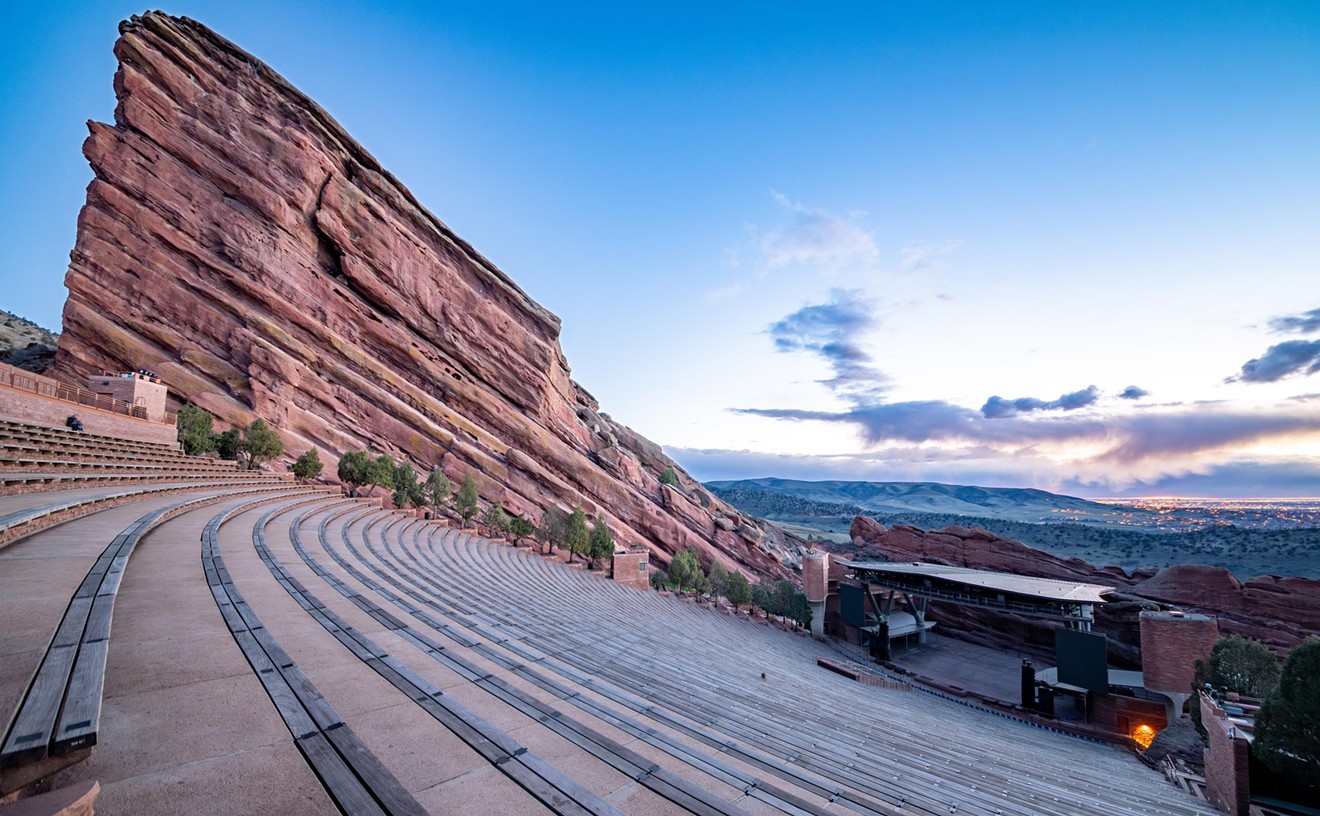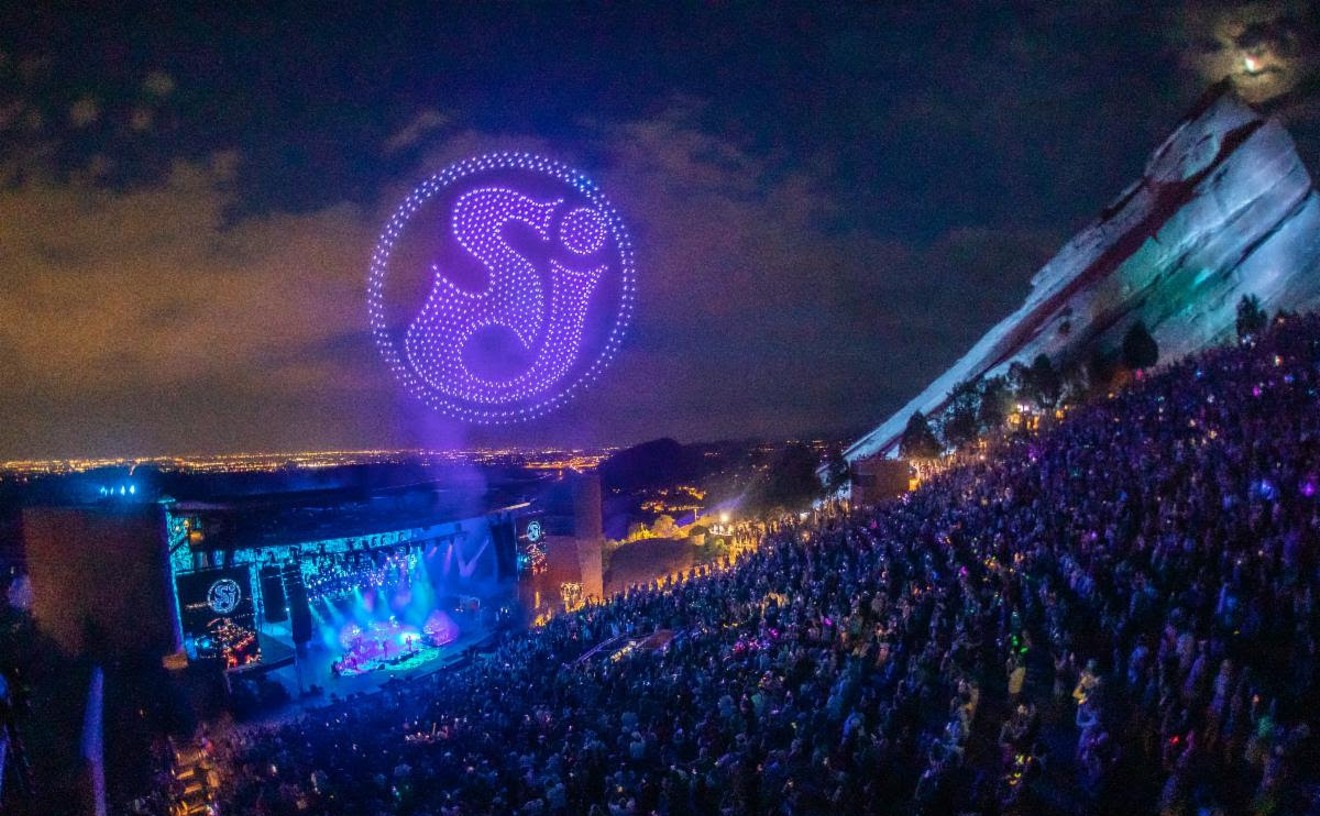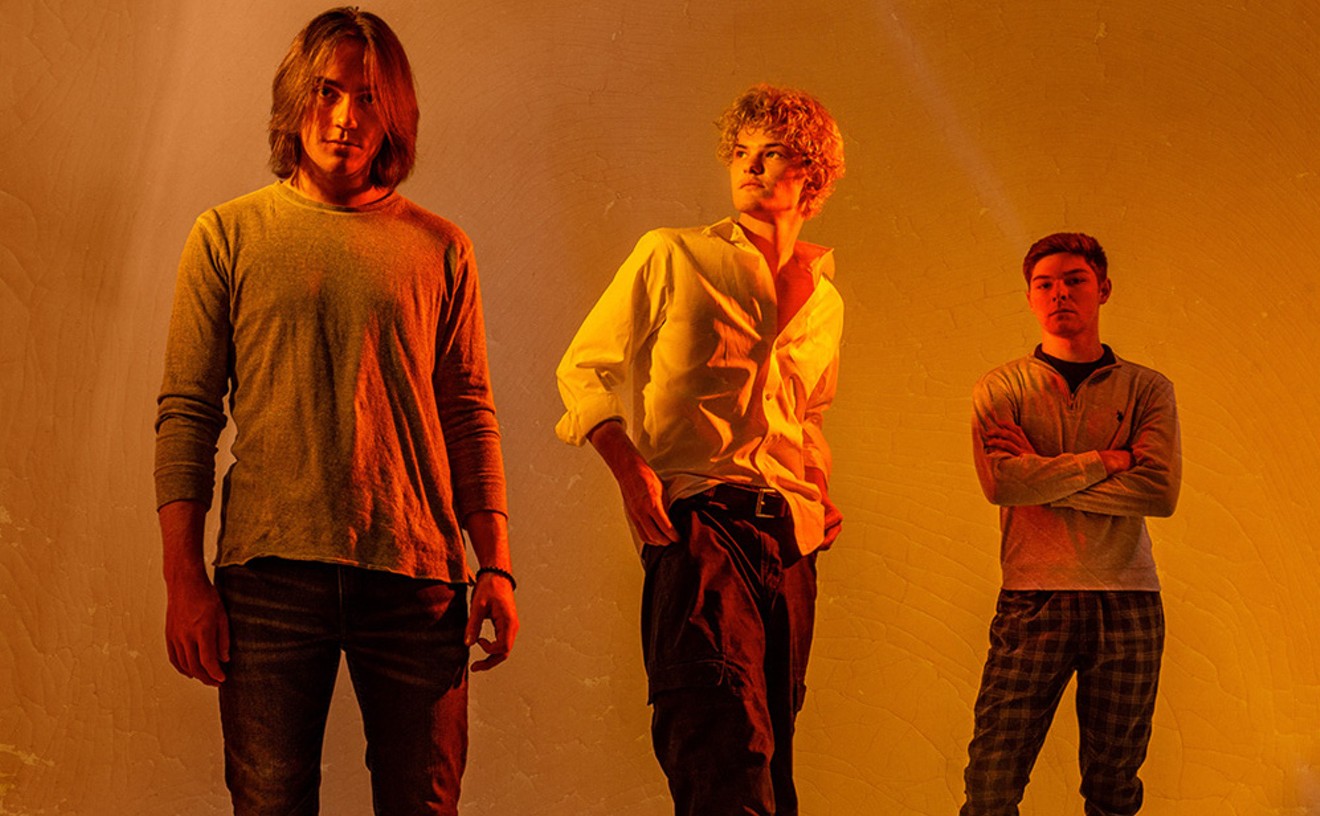Here are the ten biggest music stories of 2020:
The Beginning of the End
As February bled into March, COVID-19 started making headlines in Colorado, but nobody had any idea how bad things would get. On March 12, concert-promotion giants Live Nation and AEG suspended tours through April (Post Malone managed to squeeze in one last show); over the next few weeks, those concerts were all canceled or pushed to the fall and, ultimately, 2021. Workers were laid off, musicians canceled tours, fans mourned their lost summer plans. A few venues like the Lion’s Lair shut down early of their own volition, but soon the State of Colorado issued a stay-at-home order that turned off the entire live-music industry. While some limited-capacity shows took place over the summer and early fall as restrictions were loosened, those are again forbidden, and some venues have closed permanently.Rampant Unemployment
When the live-music world went dark, musicians, talent buyers, security workers, sound and lighting engineers and other crew members found themselves scrambling for unemployment benefits with no return to work in sight. Some applied for various emergency grants, while others fled the industry altogether. With little government aid, many went into deep debt with landlords and could face eviction when the moratorium is lifted. And until vaccination is widespread, there's little hope that most will be returning to work. “We were at 55 employees in March. Today we are four,” says Donald Rossa, owner of Dazzle. Denver Arts & Venues reported that Colorado’s music industry lost 8,327 jobs between April 1 and July 31. A few months later, Arts & Venues itself furloughed its staff.Independents Unite
The silver lining of the pandemic: The indie venues that once competed came together to fight for their future. Together they lobbied the city, state and federal government; championed the Save Our Stages Act (and in the process threw the Save Our Stages online concert, one of the biggest virtual shows in history); and pushed for the future. With 90 percent of venues reporting that they would likely shut if federal relief didn’t come, this work, headed in Colorado by Levitt Pavilion director Chris Zacher, was urgent. Ultimately, on December 21, Congress passed the Save Our Stages Act as part of a $900 billion relief package.Closing Time
Within weeks of the shutdown, legacy clubs and other independent music businesses started announcing they were closing permanently. Jazz took a particularly big hit, as Live @ Jack’s and La Cour shut down early in the year and decades-old jazz institution El Chapultepec announced in early December that it would not return. The Zephyr Lounge, 3 Kings, Tooey’s Off Colfax and Bowman’s Vinyl and Lounge are also gone for good. The owners cited a mix of reasons for the closures, from the economic damage inflicted by COVID-19 to shifts in the city that make it increasingly hard to do business. Amid the closures, though, there were also improbable openings, including social club and outdoor bistro Number Thirty Eight and HQ, which Oriental Theater owners Scott Happel and Peter Ore have put in the former 3 Kings space.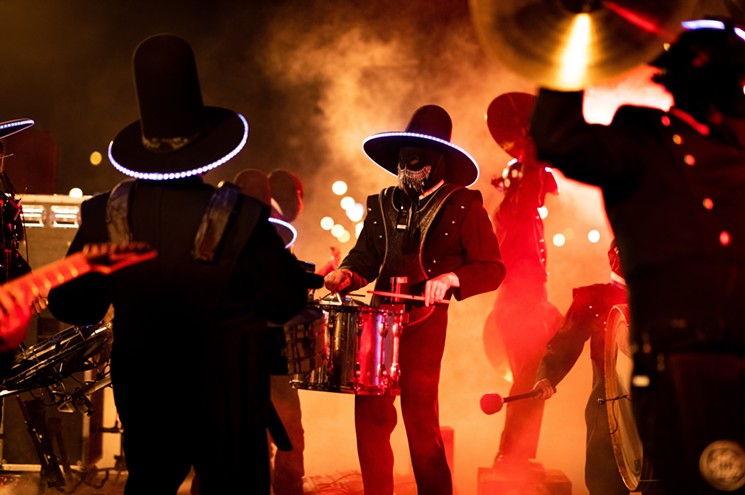
Itchy-O is ready to celebrate the New Year with a virtual screening of its Sypherlot: Drive-in Radio Bath.
Alyson McClaran

